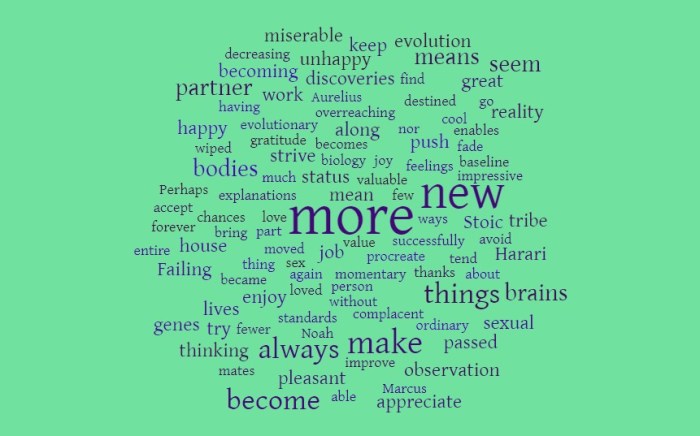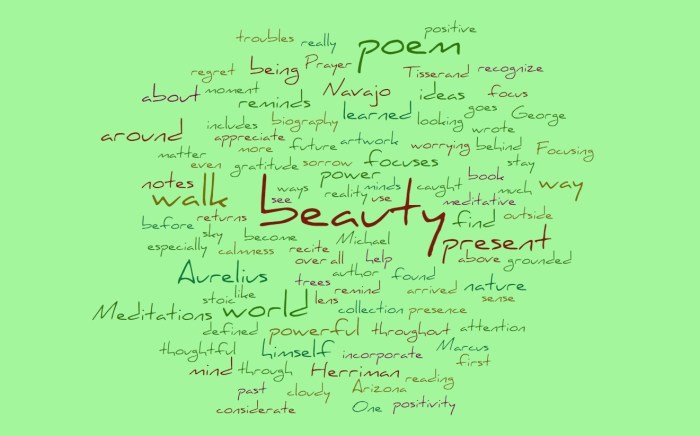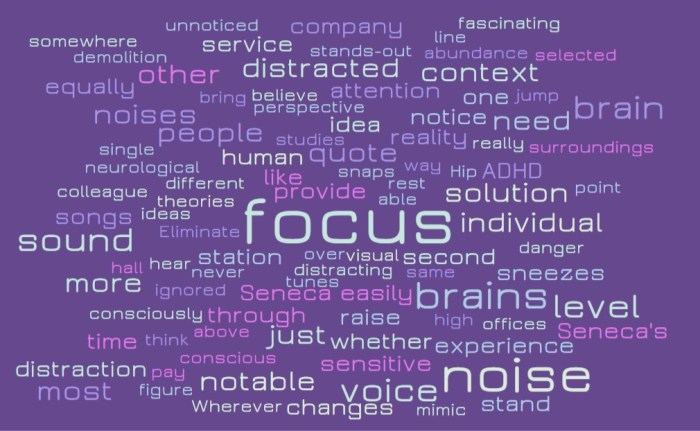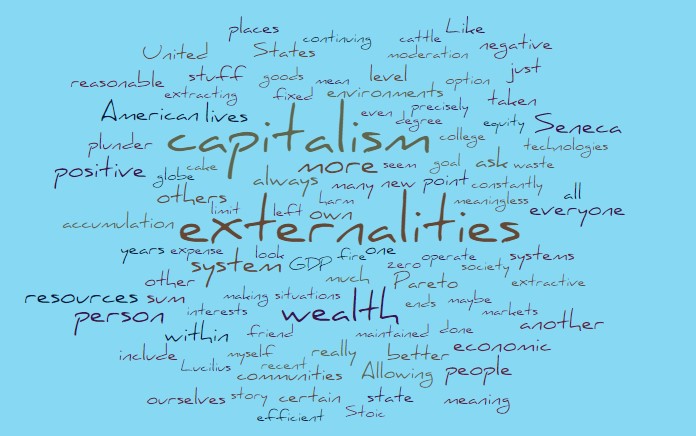Philip asked me some thoughts about ego in a recent comment. Several years back I read and wrote about Ryan Holiday’s book Ego is the Enemy and it has been fundamental in shaping how I see and understand myself within our complex social world. In addition to Ego is the Enemy, Robin Hanson and Kevin Simler’s book The Elephant in the Brain and Daniel Kahneman’s work in Thinking Fast and Slow dramatically shape the way I understand the idea of the self, how we think, and the role of ego in our lives. Here are some of my thoughts on ego, and some specific responses to questions that Philip asked.
First, Philip said that he sees, “ego as a closed loop of sort, independent of the acting self.”
I wouldn’t agree with Philip on this point, but that is because I reject the idea of an independent acting self. Yuval Noah Harari is a great person to read on meditation and the idea of the self. If you ever try meditating, you will quickly learn that you don’t truly have control over your thoughts. This suggests that we don’t have an independent self that is doing the thinking in our minds. “Thoughts think themselves,” Harari has said, and if you meditate, you will understand what he means. Thoughts frequently pop into our head without our control. Ego, and the kinds of thoughts we associate with ego and megalomania, are all just thoughts swirling around in what appears to be a chaos of thoughts. Given the nature of thought, I don’t think we should think of ego as anything independent of the other thoughts within our mind.
Second, Philip says, “if you are in a state of security, you can choose not to act on ego.”
I also wouldn’t agree with this point. In his Meditations, Aurelius writes about Epictetus, a slave and a pioneer of stoicism. Epictetus was not exactly secure, but he was able to put aside ego and focus on the present moment. His particular brand of stoicism has resonated with prisoners of war and involves the dissolution of personal ego for survival. We can put aside ego at any point, regardless of how secure we are.
Also pushing against Philips thoughts is Donald Trump. Certainly, at many points in his life, Trump has been secure in terms of money, fame, power, and influence. Yet Trump is clearly an egomaniac who is unable to set his ego aside and will pursue even the smallest slights and insults against him. I don’t think that a state of security is really an important consideration for whether we act in an egotistical way.
Philip’s third observation on ego is “as a self preserving mechanism, protecting you and helping you in motivating living the life you do.”
This is a view on our ego that I would agree with. When we think about how the mind works, I think we should always approach it from an evolutionary psychology standpoint. Very likely, our brains are the way they are because at some point in the history of human evolution it was beneficial for our minds to function in one way over another. There could be some accidents, some mental equivalents to vestigial organs, and some errors in our interpretations, but we probably didn’t develop many psychological traits and maintain them throughout generations if they were not helpful for survival somewhere along the way.
When we view the ego through this lens, it is not hard to see how the ego could help improve our chances of surviving and passing down our genes. If we are egotistical and think that we deserve the best and that we deserve larger amounts of resources, we will be more likely to advocate for ourselves and fight for a better lot in life. This could help our survival, could help us find a better mate, and could help ensure we pass more genes on to subsequent generations. Without the ego, we may chose to settle, we may be complacent, and we may not strive to pass our genes along or ensure that those subsequent genes have sufficient resources to further pass their genes into the following generation. Ego can push us to strive toward the higher salary, the fancier car, more exclusive golf clubs, and other things that are not really necessary for life, but could help ourselves amass more resources and help our kids have better connections to get into Stanford and ultimately find a spouse and have kids. Ego could certainly be antisocial and harmful for us and society, but it could also be important for genetic survival.
Philip’s fourth point is about a guy who is hurt because his wife forgot his birthday.
It is possible that an inflated ego is what made this guy upset when his wife forgot his birthday, but it could also be a number of other psychological or relationship issues between him and his spouse. He may have larger issues of self-worth and value independent of his ego. He may be codependent and perhaps need counseling to better manage his relationships with others. Or his wife could have just been having a bad day. This didn’t seem like a great avenue for discussing and understanding ego to me.
The fifth point that Philip brings up ties back to his third, by viewing ego as a “fairness calculator.”
I also think this could be a useful way to view ego and it also seems like it could be understood through a cognitive psychology perspective. We don’t want to feel like we are being cheated, yet we would be happy to bend the rules and cheat a little if we thought we could get away with it. This is a lot of what Robin Hanson and Kevin Simler discuss in The Elephant in the Brain. If we can signal that we are honest and trustworthy, without actually having to be honest and trustworthy, then we are at an advantage. However, if we suspect that another person is all signal and no actual behavior to back up those signals, then we may act in an egotistical way by being defensive and pushing back against the other. Ego does seem to help fuel this mindset and does seem to encourage a type of fairness calculator behavior.
The final point that Philip makes is that, “ego needs to be controlled in a civilized society.”
I think here Philip is also correct. We live in very complex social societies and ego helps us individually, but also has negative externalities. Ego certainly helped push Trump to the presidency and the history books, but I’m not sure the world was better for it. By pursuing our own self-interest and acting based on ego, we can damage the world around us.
Hanson and Simler would argue that much of these harmful effects of ego are moderated by our signaling ability. Hanson has said that his estimate is that up to 90% of what we do as humans is signaling, at least in rich countries like the United States. Signaling both helps us get ahead and tempers our ego. Overt displays are frowned upon, leaving less overt signaling as the way we display how amazing we are. An unchecked ego is going to break the rules for signaling, and unless it is Donald Trump in the 2016 election, such overt egotism will be punished. Ultimately, we do have to control ego because of negative externalities if we want to cooperate and live in complex social communities.
I hope this helps explain some of how I think about ego!









